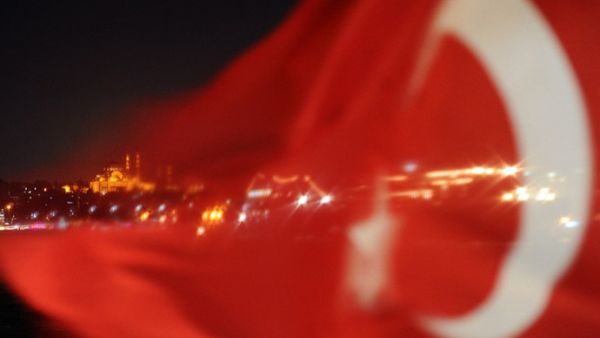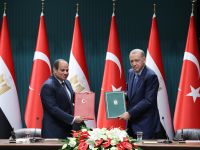Turkish stadium harbours a stark message for cultural diversity
A condemned Turkish stadium harbours a dark warning of the long-term consequences of ethnic cleansing, or what Turks euphemistically call the population exchange almost a century ago when Turkey and Greece expelled their respective Greek and Turkish minorities.
It is a message that has not lost its urgency; as Turkey fights multiple domestic and regional battles against the Kurds, the Islamic State (IS) and the ruling Justice and Development Party's (AKP) domestic foes, IS engages in its own brutal variety of ethnic cleansing and Saudi Arabia wages war against Shiite Muslims.
Retired US general reminds Americans there's more to Middle East policy than military force
In his final press conference on Wednesday, August 12, now retired Army Chief of Staff General Raymond Odierno reminded Americans about a lesson hard-learned during his four year tenure: military force alone cannot solve problems in the Middle East.
Two days earlier, Republican presidential candidate Donald Trump said in an interview with MSNBC’s “Morning Joe” that he would destroy ISIS by sending troops into Iraq to seize their oil resources.
Tortured in Syria: 'the flashbacks are worse than reality'
Despite the brutality of his story, Mohammad Ghannam has a smile on his face when he remembers his time in detention in Syria. “It’s the only way I can tell those stories,” he explains.
The 36-year-old Palestinian has permanent wounds and scars from the times he was repeatedly beaten in jail.
“Now when I talk about it, I just feel nothing. But when I am alone I have these moments when my spirit goes down,” he says.
Though he has left behind his home country and the inhumanity of life in prison, the memory of his torturer haunts him.







